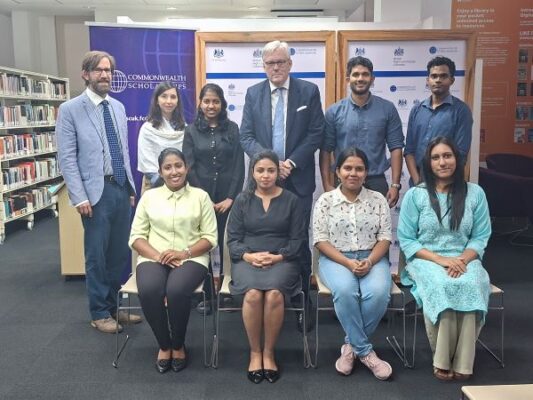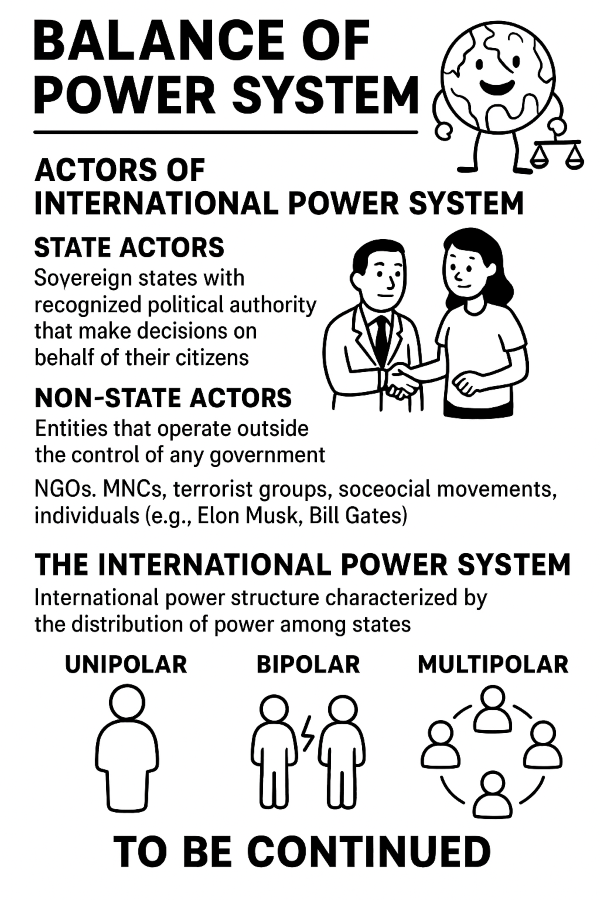Attracting Foreign Direct Investments into Srilanka – By Dr. Gnana Sankaralingam

 Foreign Direct Investment (FDI) is where companies or individuals of one country bring their funds and invest in businesses with controlling interest in manufacturing trade or providing services in another country. It creates employment to the people and tax revenue for the host country. It helps in technology transfer and to increase Gross Domestic Product (GDP). FDI includes not only building factories to manufacture goods or opening sales office to reach domestic market, but also acquisition of companies and setting up of retail outlets. Loans obtained from multilateral agencies for projects, investments made in stock market or funds on Build, Operate and Transfer (BOT) ventures, are not considered as FDIs. To attract FDIs into a country, several criteria needs to be fulfilled and measures to be taken.
Foreign Direct Investment (FDI) is where companies or individuals of one country bring their funds and invest in businesses with controlling interest in manufacturing trade or providing services in another country. It creates employment to the people and tax revenue for the host country. It helps in technology transfer and to increase Gross Domestic Product (GDP). FDI includes not only building factories to manufacture goods or opening sales office to reach domestic market, but also acquisition of companies and setting up of retail outlets. Loans obtained from multilateral agencies for projects, investments made in stock market or funds on Build, Operate and Transfer (BOT) ventures, are not considered as FDIs. To attract FDIs into a country, several criteria needs to be fulfilled and measures to be taken.
Political stability and government policies – Political instability would be a major deterrant in attracting FDIs. This could cause a run on exchange rate, creating problems like raising taxes and investing on infrastructure. Fortunately except for certain times, there has been stable government in Srilanka. Recent transfer of power without any incident is a plus factor. Related to political stability is the level of corruption, red tape, lack of law and order, unpredictability of regulations on property rights and repatriation of profits. Policies should focus on creating an investor friendly environment with initiatives on ease of doing business such as tax breaks, subsidised lands and single clearing system to streamline the process of setting up operation. Though there is attempt to eliminate corruption and mismanagement, there is no advancement in rest of the subjects in Srilanka, in order to attract FDIs.
Ecomomic stability and growth prospects – Open economy policy is working well in Srilanka and any attempt to tamper with it could drive investors away. FDIs not only bring knowledge, skill and technology, but also strengthen local economy by creating employment and give tax revenue. Economic crisis or exchange rate volatility can discourage investment. Weak currency in host nation can attract more FDIs as it will be cheaper to purchase assets. Also price of produce for export will be low, to make it competitive in international markets. Thus it is imperative for Srilanka to emerge out of the present economic uncertainty in order to attract FDIs. Macro-indicators that determine FDIs such as low lending rates to encourage credit growth and low inflation to curb price escalation, should be in place. Tax relief such as exemption of import duties on raw materials and componenets used for manufacturing and tax concessions for the industries using locally sourced materials for manufacture should be considered. Strong supply chain network, an entire system of producing a product or service from sourcing raw material to final delivery to end user, is required to attract FDIs.
Domestic market and export potentials – Primary target of investors is to sell the products internally and not for exports. Therefore size of population and scope of economic growth are important in attracting FDIs. Due to these factors, Srilanka is at a disadvantage to get large scale investments. Also increasing middle class will have strong demands for goods and services of multinationals. Thus, Srilanka should attempt to get small and medium scale investments and partnerships. Industries based on commodities available in Srilanka such as rubber and minerals must be encouraged and tax concessions be given to specific industries using locally sourced materials for manufacture. Though size of local market might be small, access to countries with free trade agreement, would benefit investors in export of produce and Srilanka should explore this avenue. Attracting the export led FDIs, is based on low cost advantages and products forwarded must be competitive in international market.
Labour quality and performance – Factors in the work force which would attract FDIs are skilled labour or intelligent labour able to acquire new skills quickly, Industrious and disciplined to manage and cheap labour. Wages in Srilanka is higher than in most developing countries which may be a deterrant to FDIs, which could be offset by increasing efficiency of production. FDIs would result in human capital development, where employees can achieve ability using training and experience. Srilanka government must establish vocational training institutes and specialised skills centres to improve proficiency of work force. Emphasis must be made in research and development to enhance skills and create skilling partnerships with leading global companies involved in technology. Srilanka labour has some level of expertise in clothing, IT and small industries, which must be capitalised properly to get FDIs.
Infrastructure and Transport – Communication and transport link are important to access raw materials and ship produce abroad, as well as uninterrupted energy supply to work the factories. Srilanka has reasonably good infrastructure with low transport cost, and several harbours and airports for imports and exports. However, Srilanka is lagging behind in energy sector and investment in renewable energy is warranted to meet the demand by the industrial plants. Tax concessions should be given to industries that set up in disadvantaged locations with poor transport and other facilities, and those which could create employment in backward areas. Advanced and integrated infrastructure is mandatory in prospecting FDIs and the government must endeavour to invest in improving the existing facilities.
Government should be proactive in soliciting FDIs, with President and ministers lobying their counterparts when they travel abroad for business fairs and courtesy calls and ambassadors canvassing business establishments in the country they are posted. To expect FDIs to descend into Srilanka with current situation of climate not condusive for investment is far fetched. Audits should be conducted to find out the reasons why FDIs are reluctant to invest in Srilanka whereas they are doing so in certain countries, and correct the fault lines. Srilanka should demonstrate the expertise and competence in selected areas of industry, as there is tendency to invest in areas similar to exisiting ventures with good track record such as the automobile industry in Tamil Nadu, which is termed cluster effect. For manufacturing sectors low wage cost tend to be important while in service sectors maco-economic stability is the key. Though there are disadvantages of FDIs such as displacements of local businesses and capital outflow through repatriation of profits, they are overall beneficial to the country by increasing growth rate which helps to improve per capita income and lower poverty rate. For success, Srilanka should set out a clear business investment strategy and create the path for inflow of FDIs into the country, without which no tangible progress will ensue.






















